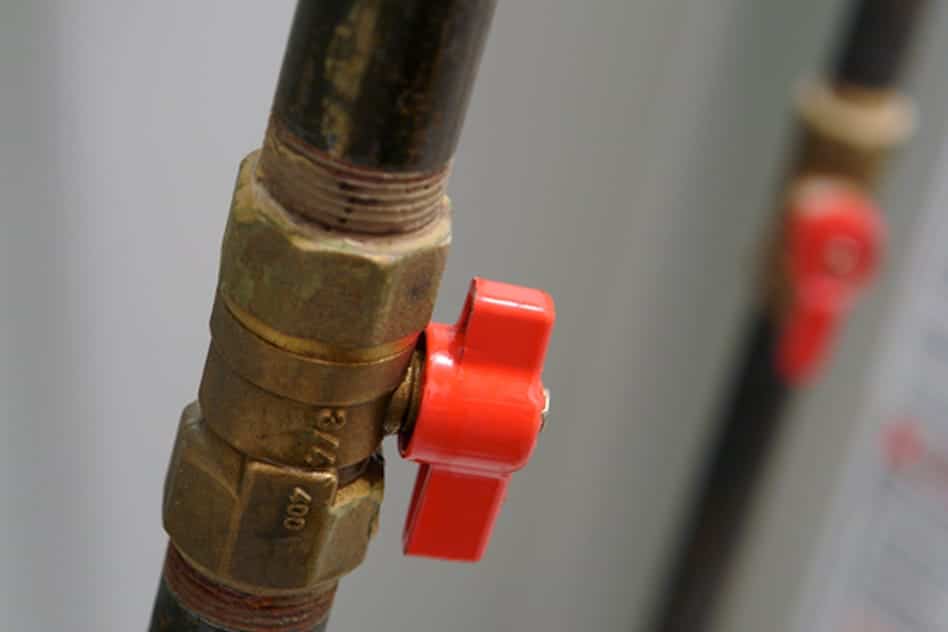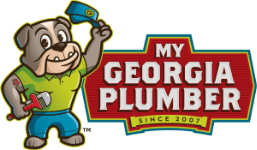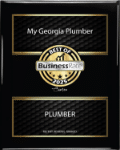
Safety First: What to Know, What to Avoid, and When to Call a Pro
If you’ve ever smelled something like rotten eggs and thought, “Is that gas?”—you’re not alone.
Gas leaks are one of the most serious emergencies we handle at My Georgia Plumber. While rare, they can be extremely dangerous if not addressed quickly and properly.
Whether it’s a faint odor near your stove or a strong smell outside near your meter, knowing what to do—and what not to do—is critical.
This guide walks you through the warning signs of a gas leak, the immediate steps to take, and how we handle safe, code-compliant gas line repairs and replacements.
How to Recognize a Gas Leak
Natural gas is odorless, so utility companies add a harmless chemical called mercaptan to give it a distinct sulfur or rotten egg smell. That odor is your first sign that something may be wrong.
Other potential signs of a gas leak include:
-
A hissing sound near appliances or gas lines
-
Dead or discolored grass above a buried gas line
-
Pilot lights that won’t stay lit
-
Headaches, dizziness, or nausea indoors
-
Unusual condensation on windows
-
Gas appliances not functioning correctly (especially dryers, ovens, or water heaters)
If you’re noticing more than one of these signs, evacuate immediately and call for help.
What to Do If You Suspect a Gas Leak
When it comes to gas, your safety is the top priority.
Here’s what you should—and should not—do:
Do:
-
Evacuate the building immediately
-
Leave doors open as you exit to help vent any gas
-
Call 911 or your gas utility from outside or a neighbor’s phone
-
Once you’re safe, contact My Georgia Plumber for same-day service and inspection
Do Not:
-
Flip light switches or use any electrical devices (including phones) indoors
-
Try to locate or stop the leak yourself
-
Light matches, candles, or cigarettes
-
Restart appliances or gas systems
-
Ignore the smell or delay taking action
How We Handle Gas Line Repairs
At My Georgia Plumber, our team is fully licensed, insured, and trained to handle residential and commercial gas line service with speed and care. We provide:
-
Leak detection and line testing
-
Emergency shut-off valve installation
-
Gas line repair and replacement
-
Appliance reconnection and safety inspections
-
Pressure regulation and meter coordination
-
Outdoor gas line installation and upgrades
We also handle all permitting and ensure every project is 100% up to Georgia state code—protecting your safety and your property value.
Where Gas Leaks Commonly Occur
Gas leaks can happen anywhere, but our team frequently finds problems in areas such as:
-
Corroded black iron piping in older homes
-
Underground polyethylene gas lines
-
Improperly installed appliance flex connectors
-
Fireplace and outdoor grill connections
-
Pool heaters and spa equipment
-
Furnace and water heater hookups
Just moved into a home with a gas system? A full gas line inspection is a smart move—especially in older properties or homes with visible DIY work.
Thinking About Adding a Gas Appliance or Line?
In addition to repairs, we install and extend gas lines for:
-
Outdoor kitchens, fire pits, and BBQ grills
-
Gas ranges and dryers
-
Gas fireplaces and log sets
-
Pool and spa heaters
-
Tankless gas water heaters
-
Whole-home backup generators
We’ll assess your current system, calculate safe gas load capacity, and install everything with the correct shut-offs and regulators to meet code and manufacturer requirements.
Gas Leaks Aren’t DIY—They’re Call Now Situations
If you suspect a gas leak, don’t wait. Every minute matters.
Call My Georgia Plumber right away. Our team is available 24/7 for gas emergencies, and we’re trusted across Georgia for expert gas line installation, repair, and safety inspections.
Protect your home and your family—call us the moment you suspect a leak.











